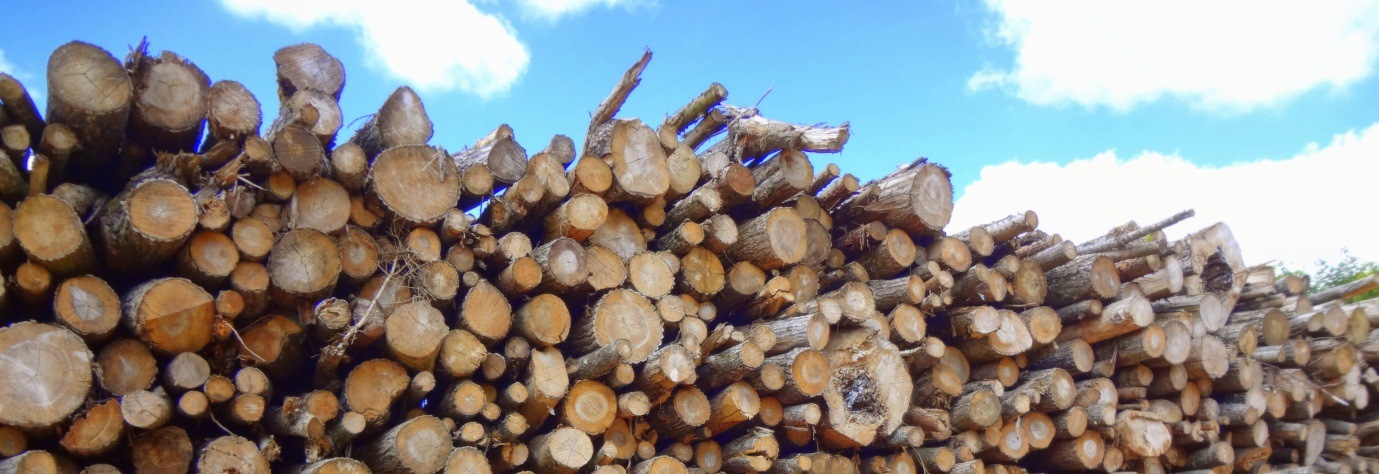RHI eligible heat use consultation… a lobbying success
Back in September last year, together with the NFU we responded to the Renewable Heat Incentives (RHI) Consultation on eligible heat, demonstrating strong agreement with other trade associations such as the Renewable Energy Association.
The NFU has said “Drying is a legitimate part of the agricultural processing of food and animal feed products, where it may be required for reasons of food safety, quality and to meet contractual obligations on moisture content – sometimes under challenging ambient environmental conditions.”
Now the Government has decided NOT to remove all drying practices as eligible heat uses – although it will be tightening up the rules of the RHI scheme and drying wood for fuel WILL be removed.
The Department for Business, Energy & Industrial Strategy has published the Government's full response and here is a brief summary of the changes:
- The Government does not intend to remove all drying practices as eligible heat uses. This includes drying of crops, and wood used for purposes other than fuels which will remain eligible (subject to the existing scheme rules around drying)
However, the Government will:
- Remove wood-fuel drying as an eligible heat use other than where the renewable heat installation is replacing a fossil fuel heat source. Where installations are considered to be in development, they will have an additional six months after the reforms take place to get an RHI application in. For plants that are in development, evidence will be required such as planning permission and purchase of equipment to be eligible for the proposed transition period
- Remove the drying, cleaning or processing of waste as an eligible heat use as soon as the reforms are implemented
- Further tighten the eligibility of swimming pools so that only swimming pools that are used for a municipal or commercial purpose receive Non-domestic RHI support
These changes will apply to new participants (those applying for accreditation after the new rules come into force) and existing participants who add capacity on or after the date the reforms come into effect. This is in addition to any participant who begins to use heat generated by an accredited installation for an ineligible heat use on or after the date the reforms come into effect.
Additionally, the Government will amend RHI scheme rules so that installations, where heat is produced predominantly for single domestic premises, will no longer be eligible under the Non-domestic RHI. The Government will not, at this time, amend the eligible heat use criteria in relation to any other heat uses.
These changes are currently anticipated for spring 2018. In effect, this will mean once the new regulations have gone through the parliamentary process which could be as little as six weeks from now.

